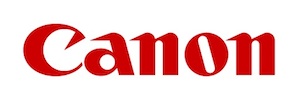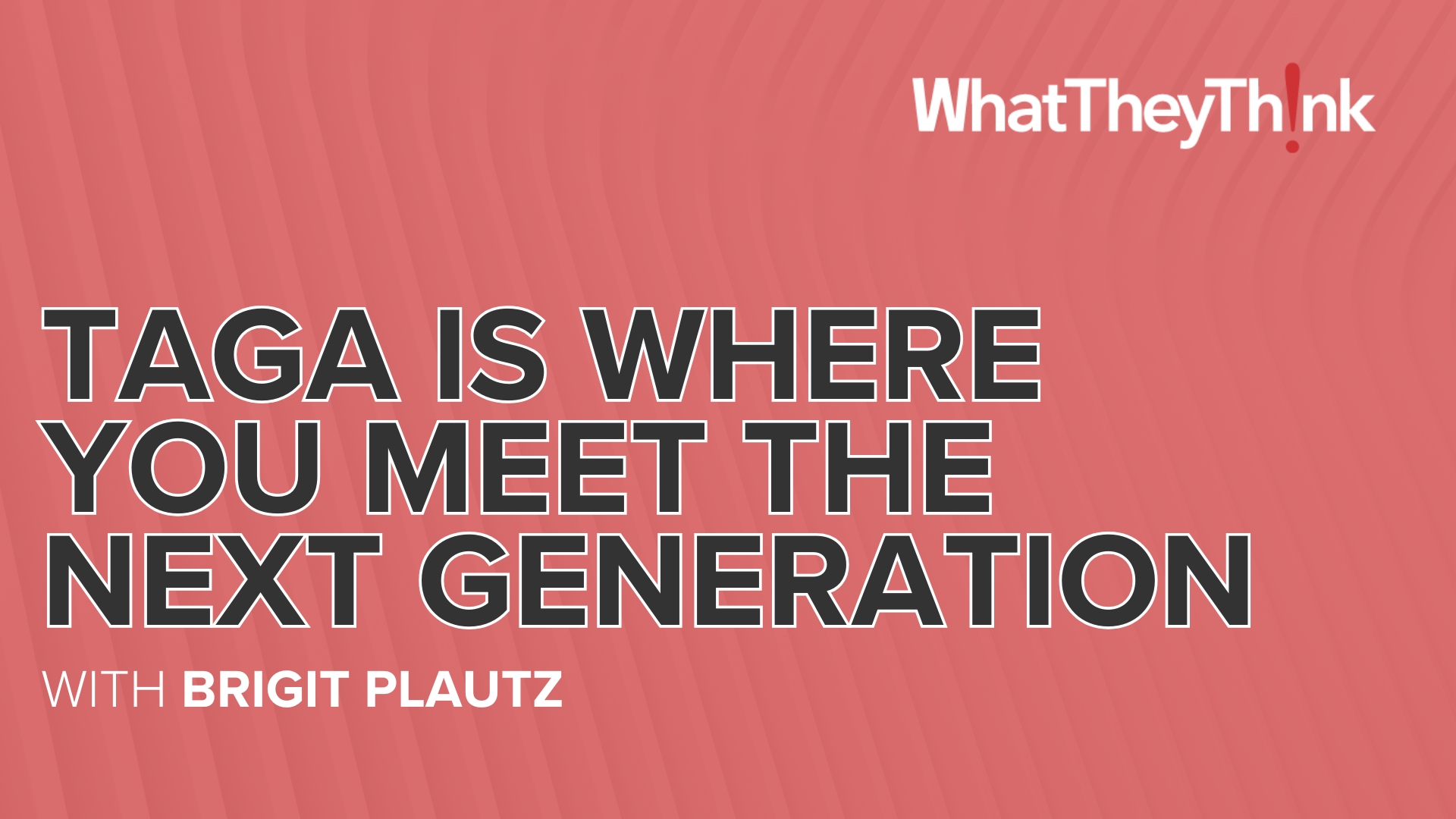Richard Romano: Hi. This is Richard Romano from WhatTheyThink.com and we are here in Atlanta, Georgia, for the fourth annual WhatTheyThink Environmental Innovation Awards sponsored by Unisource Worldwide. And we’re talking with Ed Farley who is the Senior Vice President for Marketing and Corporate Communications for Unisource. Thank you very much for being here.
Ed Farley: Good to be with you, Richard.
Richard Romano: Now this is the Fourth Annual Environmental Innovation Awards. What was the inspiration of the impetus for starting the awards program?
Ed Farley: Well first of all, again, welcome to Atlanta and I’m delighted you and your team are here. About five, six years ago Unisource started working on a number of different green initiatives and programs. As a matter of fact, we were the first to be price-certified in PEFC, SFI and FSC certifications from a distribution standpoint. But not only that, but our putting together the Respect Printer Program, the Green Finder, were all initiatives focused at our printers and the design community to help them more easily find green products and specify green products, particularly Unisource green products.
And from that we had a lot of conversations. And my friend Randy Davison, who obviously is President of WhatTheyThink.com, and I had a conversation. He said why don’t we co-sponsor these awards and working with our printer base. So four years ago we had our first Innovation Conference and here we are today having our fifth WhatTheyThink.com Environmental Innovation Awards Program, which has been highly successful. One of the—one of the areas that I thought most interesting is each year the different types of winners of the awards and the creativity they have to really move the needle forward in terms of green and sustainability within their companies.
Richard Romano: And what are some of the most creative or most unique green initiatives you’ve seen over the years?
Ed Farley: Well, I think one of the most unique was a company out of Ohio that was almost totally operated on windmill power which I thought was tremendous, and I believe they also had some solar power into their program. But, as you know, there are five different categories, and one is Community Involvement and then the other four, which this audience will be hearing from your upcoming interviews, are just amazing how creative they can be in terms of really hitting the sustainability target head on.
Richard Romano: Now sustainability isn’t just about the environment. It’s also about people, isn’t it?
Ed Farley: Well, you’re exactly right. I think it started out a lot of people were looking at a very product-based green programs, as we did too. And we’ve now morphed not only into a green base but also full sustainability. And as you well know, because you’ve written about it, is that sustainability goes further than just product. It goes into how you treat your employees, how you treat your community, and the environment around you. So it’s much more of a multi-definition than a single definition of green products.
Richard Romano: Now what are some of the other sustainability initiatives that Unisource is involved with?
Ed Farley: Well, I’m glad you asked that question. Unisource has been very active in our packaging area in sustainability. And we not only have green, if you will, or sustainable products, but we also, through our design centers and also UGS which is our Unisource Global Solutions, we have a lot of innovative approaches in terms of design our products to lower the footprint based on size; but also using different substrates that are very, very friendly to the environment. We have a bamboo molded product that we use. There are many, many other substrates that we use that are just very friendly to the environment that we use in our design centers and also at Unisource Global Solutions.
Richard Romano: And what have you found to be sort of the changing attitudes in the printing industry in general towards sustainability?
Ed Farley: I think it’s matured. Way back when, as I said earlier, when green started, people all wanted to be green, and there probably were a lot of different—a great example is being green, but it was very product-based. Today, sustainability is a lot broader, as I explained before, and you look at not only our customers, but also ourselves. We moved into very much of a solution-sustainable base. We have a lot of solutions that could help companies become a lot more sustainable, not only in terms of their bottom lines, but also from how they deal with the environment.
Richard Romano: Great. Well, thank you very much for joining us.
Ed Farley: Thank you very much, Richard. Appreciate it.
Richard Romano: And stay tuned to WhatTheyThink for profiles interviews with the winners of this year’s Fourth Annual Environmental Innovation Awards.

 Official camera partner of WhatTheyThink and the drupa daily.
Official camera partner of WhatTheyThink and the drupa daily. 












